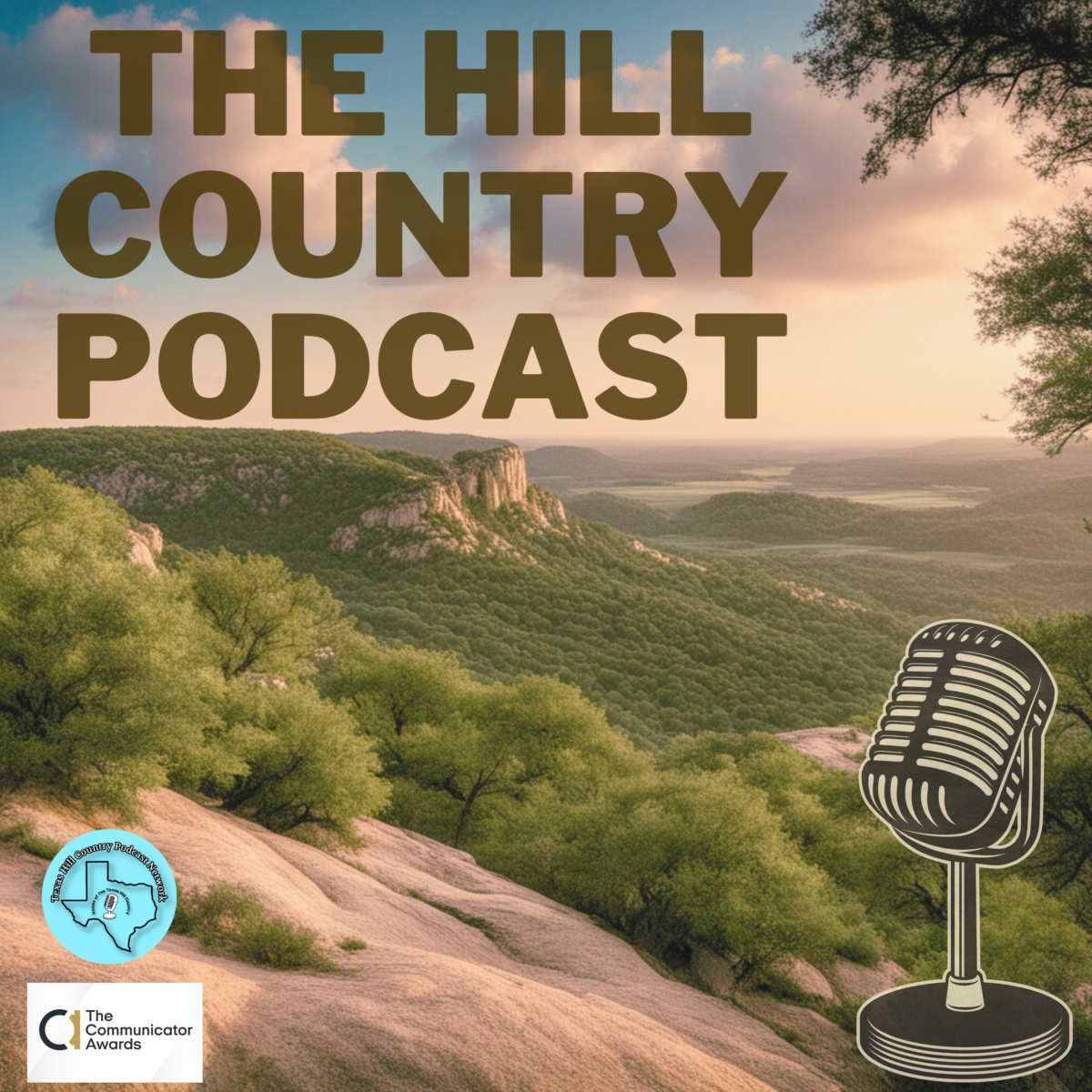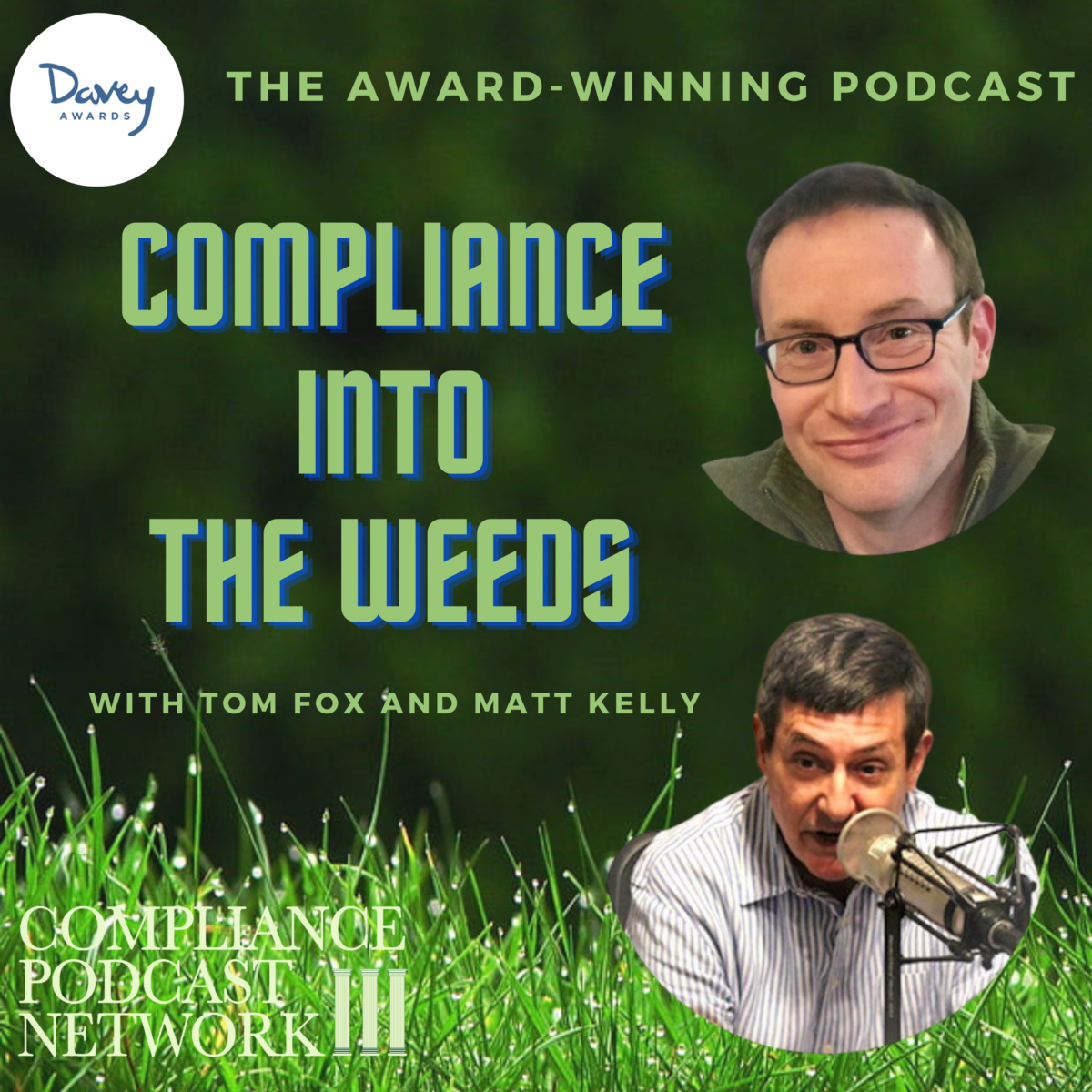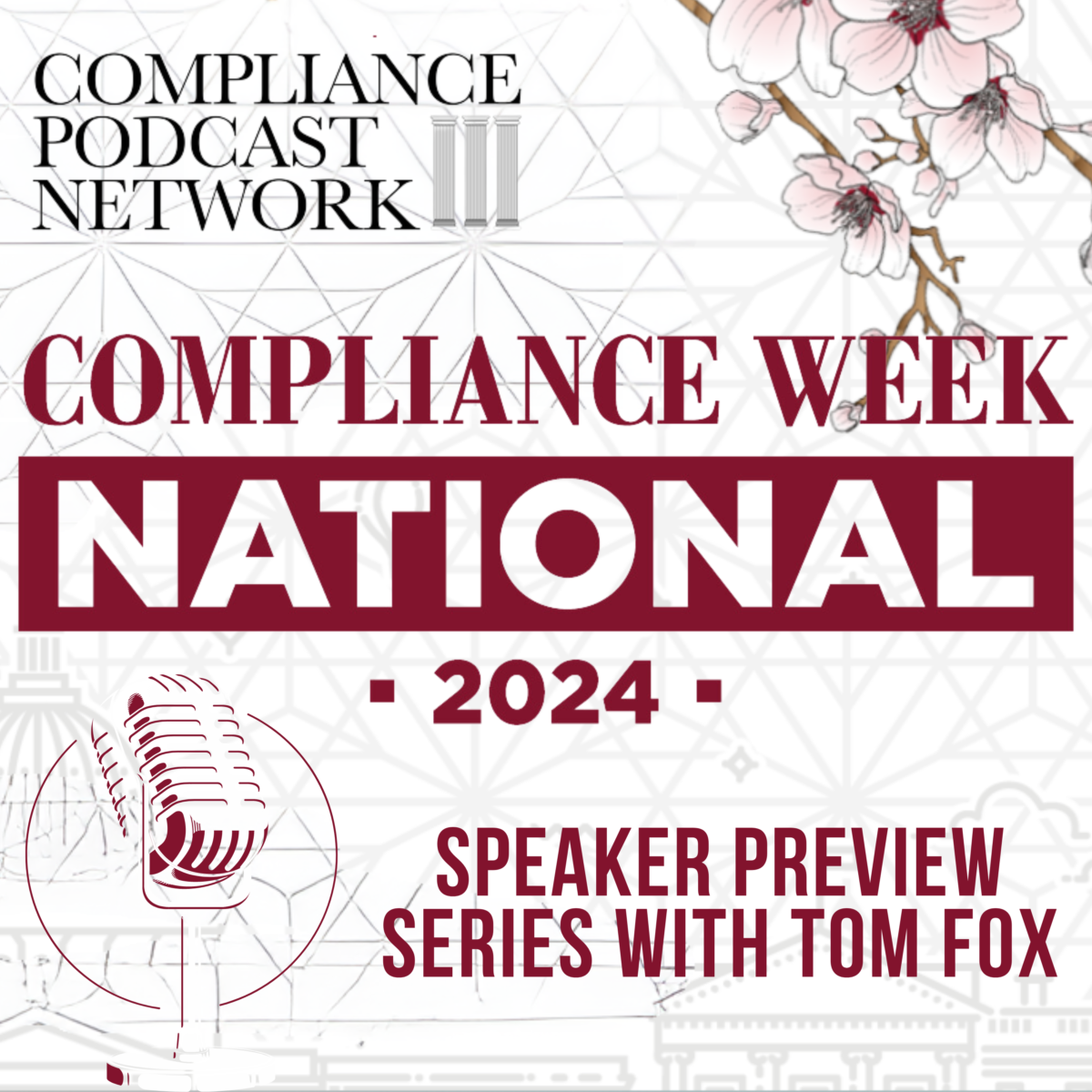Over this series, I have reviewed the messages communicated by the Department of Justice (DOJ) and Securities and Exchange Commission (SEC) from three key Foreign Corrupt Practices Act (FCPA) enforcement actions regarding their priorities in investigations, what they want to see in remediations, and what they consider best practices compliance programs. These enforcement actions warrant a close study of the lessons learned. They should guide not simply your actions should you find yourself in an investigation but also how you should think about priorities. One thing is abundantly clear: It all begins with self-disclosure.
The three FCPA enforcement actions we have reviewed are ABB from December 2022, Albemarle from November 2023, and SAP from January 2024. I added a fourth, the Gunvor S.A. enforcement action, as a discussion point, as it was released while I was writing this series. I have also cited several speeches by DOJ officials, including those from Deputy Attorney General Lisa Monaco and Assistant Attorney General Kenneth Polite. They pointed out a clear path for the company, which finds itself in an investigation, using extensive remediation to avoid monitoring. They provided insight for the compliance professional into what the DOJ expects in a best practices compliance program on an ongoing basis.
Late last week, there were two speeches at the ABA White Collar Conference: one by DAG Lisa Monaco and a second by Acting Assistant Attorney General Nicole M. Argentieri, which re-emphasized the points I have articulated. Today, I want to use their speeches to add another factor to my Top Ten Lessons List: a Speak Up Culture, effective triage, and quick, efficient, and accurate internal investigation when information is brought forward.
DAG Monaco could not have been clearer when she said, “When a business discovers that its employees broke the law, the company is far better off reporting the violation than waiting for DOJ to discover it. Now, when the DOJ does discover the violation, the company can still reduce its exposure by proactively cooperating in our investigation. But I want to be clear: no matter how good a company’s cooperation, a resolution will always be more favourable with voluntary self-disclosure.” [emphasis supplied]
DAG Monaco noted that the DOJ has structured its “Voluntary Self Disclosure (VSD) programs to encourage companies to take responsibility for misconduct within their organizations. And we’ve conditioned benefits on the company’s willingness to step up and own up — requiring it to disgorge profits, upgrade compliance systems, and cooperate in investigations of culpable employees…We want to empower them to make the business case for investing in compliance. And when they do, they can point to our policies. Early reports on this work are promising. We directed all components and U.S. Attorneys to implement self-disclosure programs.”
The benefits of the VSD come from this self-disclosure. The DOJ’s announcement that it was launching a whistleblower program for payments to people who come forward with information about criminal activity emphasised this idea even more. While the SEC, CFTC, IRS, and other agencies have whistleblower reward programs, this is a powerful message from the DOJ that if your company has an issue, it is far better to self-disclose than investigate, remediate, and hope the DOJ (or any other agency) never finds out about the matter. Put another way, Argentieri spoke about “the benefits that await those that voluntarily disclose misconduct.”
All of this means you must be able to intake, evaluate, and investigate the information.
Culture of Speak Up
Your organization must have an effective and efficient means of allowing employees to raise their hands and speak up. That speak-up can be through an anonymous hotline, by going into their supervisor’s office to report something, or by coming to the compliance function. Or it could be another avenue of reporting. The point is that every company must be ready, willing, and able to hear and act on internal reports of wrongdoing.
Triage
Given the number of ways that information about violations or potential violations can be communicated to government regulators, having a robust triage system is a critical way to separate the wheat from the chaff and bring the correct number of resources to bear on a compliance problem. One important area is determining whether to bring in outside counsel to head up an investigation and the resources you may want or need to commit to a problem. You need to “kick the tyres” of any allegations or information so that you know the circumstances in front of you before you make decisions. You can achieve this through a robust triage process.
Internal Investigations
You can decide whether or not to investigate by consulting with other groups, such as the Compliance Committee of the Board of Directors or the Legal Department. The head of the business unit in which the claim arose may also be notified that an allegation has been made and that the Compliance Department will be handling the matter on a go-forward basis. Using a detailed written procedure, you can ensure complete transparency on all parties’ rights and obligations once an allegation is made. This gives compliance the flexibility and responsibility to deal with such matters, from which it can best assess and decide how to manage them.
We concluded this series where we began with the need for or benefits of self-disclosure. The benefits laid out by the DOJ are clear, tangible, and direct. If you self-disclose, provide extraordinary cooperation, extensively remediate, and disgorge any ill-gotten gains through profit disgorgement, there will be a presumption of declination. Even if you do not meet the self-disclosure threshold, you can still garner significant discounts under the DOJ’s Corporate Enforcement Policy through extraordinary cooperation and extensive remediation.








